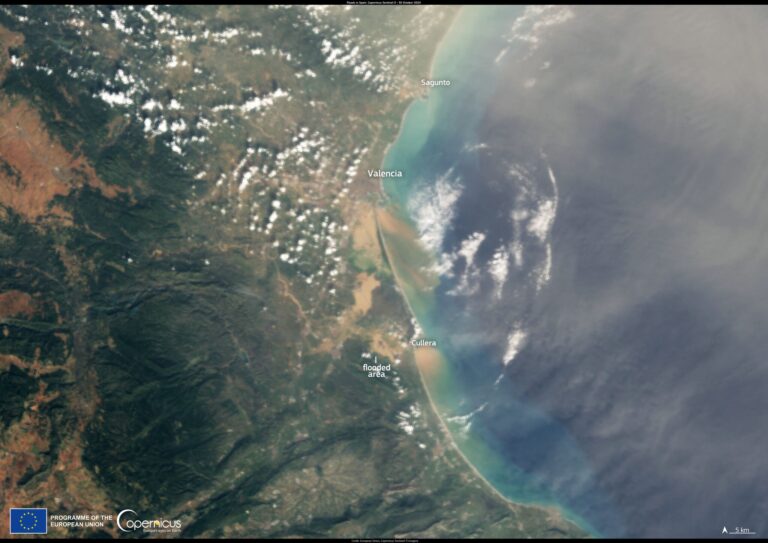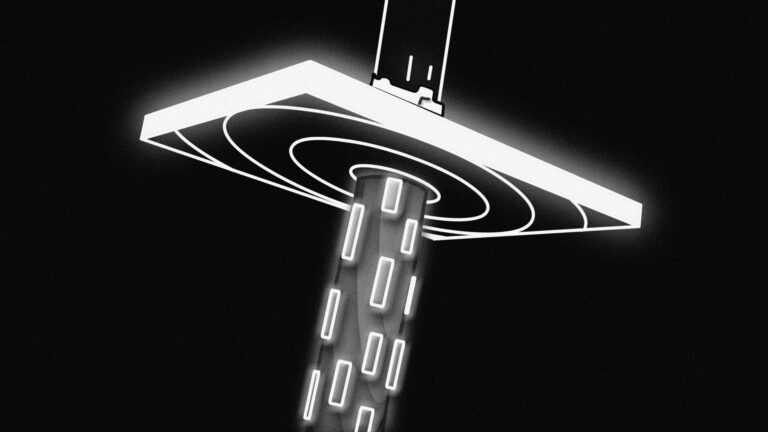Nature-Based Solutions (NBS) are a revolutionary approach to integrating natural systems into urban and rural development, offering multiple environmental, social and economic benefits. Rather than being limited to conservation, NBS promote the active restoration and enhancement of ecosystems to address challenges such as climate change, biodiversity loss and urban resilience.
NBS include a wide range of measures, such as restoring wetlands to manage flooding, creating ecological corridors to improve connectivity between fragmented habitats, and implementing green infrastructure in urban areas, such as green roofs and walls, which help to mitigate the heat island effect and improve air quality. These types of solutions also promote an increase in accessible green space, which has a positive impact on public health and well-being.
However, the implementation of NBS is not without its challenges. Effective implementation of these solutions requires a fundamental change in current planning and policy, as well as cooperation between the public sector, the private sector and local communities. Unlike conventional infrastructure, NBS require a long-term approach, including ongoing maintenance and adaptation of restored ecosystems.
The recent EU Nature Directive reflects this shift towards a more holistic and proactive approach to environmental protection. It sets ambitious targets, such as restoring 20% of degraded terrestrial and marine ecosystems by 2030, with specific targets for each type of environment, such as restoring riverine areas and removing barriers to allow rivers to flow freely. In the urban sphere, it promotes the renaturation of cities through green infrastructure, a key step in transforming built spaces into more resilient and sustainable places.
Implementing NBS in urban areas offers a unique opportunity to mitigate some of the most damaging effects of climate change, such as rising temperatures and air pollution. In addition, these solutions contribute to urban biodiversity by providing habitats for local species and connecting fragmented ecosystems. Creating accessible green spaces in cities also responds to a growing social demand for healthier and more sustainable environments.
The success of NBS depends on proper planning and sustained investment in research and development. Specific policies need to be designed to encourage innovation in this area, including incentives for the private sector and funding mechanisms for local projects. In the long term, promoting NBS could transform Europe’s urban and rural landscape, creating more resilient and sustainable territories in the face of future challenges.
El compromiso de los gobiernos y la implicación activa de las comunidades serán claves para que esta transición sea efectiva. La colaboración entre diferentes sectores es fundamental para que las NBS se conviertan en una parte integral de las estrategias de desarrollo sostenible. A medida que estas soluciones ganan popularidad, la sociedad europea tiene la oportunidad de liderar un cambio de paradigma que priorice la coexistencia armoniosa entre los entornos naturales y los creados por el ser humano, fomentando una recuperación ambiental que beneficie a todos.
Illustration: Xingchen Yan





